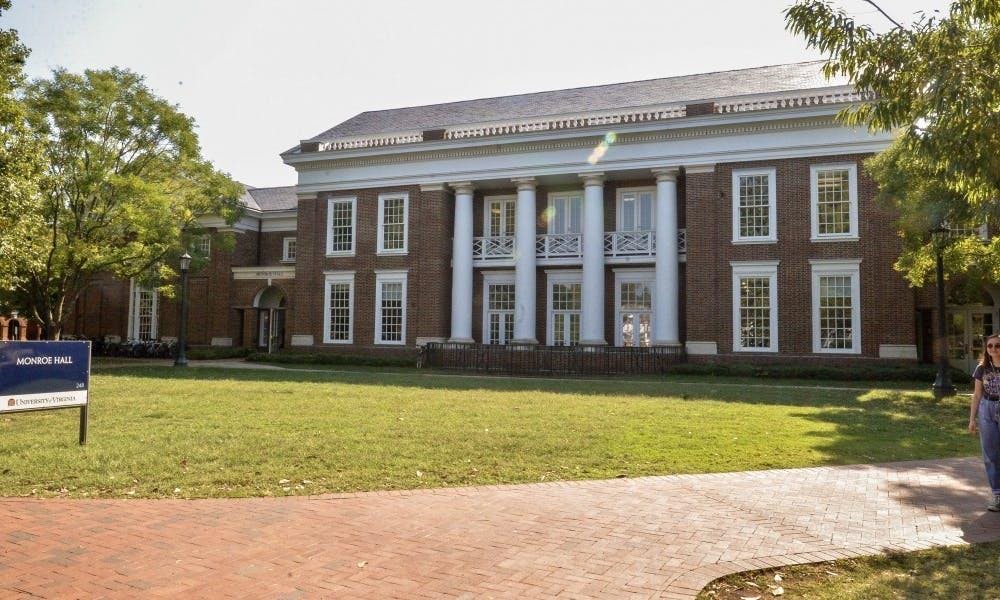Students at the University are notorious for their concerns and complaints regarding the current advising system, specifically about its lack of academic support. Aiming to remedy these worries, administrators worked tirelessly to form an advising model in April 2024 that combined pre-major advising with the first-year Engagements program. This new model will be launched next fall, though parts of it are being implemented now. The University’s adoption of a restructured advising system demonstrates a commendable commitment to fostering student success — not only does this new system address long-standing concerns of student disconnect from their advisors, but it also tailors guidance to students’ academic interests and career aspirations.
The existing advising framework simply fails to accomplish its set objectives. Incoming students are assigned a faculty advisor, who may or may not be in their area of academic focus. They meet with this advisor sparingly, and it is rare that a student finds their advisor’s advice useful. The COLA system attempts to remedy this divide by allowing students to sign up for a class where their instructor becomes their advisor, until the declaration of their major. However, in itself, this optional course is not an opportunity utilized by every single first-year student, nor do these COLA professors comprise the entirety of academia at the University.
A more successful advising plan would need to meet the variety of academic interests offered at the University in a way similar to COLAs, but on a wider and more personalized scale. And the new advising framework plans to do just that. Under the new framework, every first-year student’s advisor will be an advising professional or a faculty member who has undergone specific advising training.
In this way, the new system addresses the social and academic disconnects that have long plagued advising. This lack of connection was primarily due to the infrequency of required meetings — typically limited to once a semester for fifteen minutes to remove an advisor hold during course selection. The new system takes measures to combat this disconnect by ensuring that students meet regularly with their advisors. Yes, these meetings are first in formalized classroom settings. But, as the COLA model suggests, classroom sessions facilitate a type of familiarity which is essential in an effective advising relationship. By creating interpersonal connections with advisors in a classroom setting first, the new system creates an interconnected network of student-faculty relations.
The new system, in pairing advisors with students who have academic interests that align with the advisors’ areas of expertise, ensures that students are provided with tailored guidance. Under the old system, mix-and-match pairs between students and faculty put an unfair responsibility upon both parties — the expectation for faculty to be all-knowing experts on every facet of the College and the idea that students must academically navigate their first years with little assistance. Instead, these new advisors are better equipped to provide relevant professional opportunities and resources in specific fields. Implementing a system that matches students with advisors in their respective areas of interest ensures that first-years and second-years receive the targeted support they need to thrive academically and professionally.
Several schools within the University have already implemented a system similar to the one which has been proposed for the College. Specifically, the College’s new advising framework is similar to the School of Engineering and Applied Science’s current advising model, in which first-year Engineering students take a series of “Engineering Foundations” courses throughout their first year. Much like in the College’s new model, these courses are taught by students’ academic advisors. By adopting a comparable approach, the College aligns itself with these successful institutional precedents, fostering stronger connections between students and advisors from the start of their academic journeys.
With the long history of student complaints regarding advising in the College, it is commendable that the University administration is committed to responding to student concerns and prioritizing student academic well-being. The work the administration has done will ultimately create a more interconnected system of student-faculty relations within this institution and facilitate a pathway for students to succeed.
Farah Eljazzar is an opinion columnist who writes about identity and culture for The Cavalier Daily. She can be reached at opinion@cavalierdaily.com.
The opinions expressed in this column are not necessarily those of The Cavalier Daily. Columns represent the views of the authors alone.





